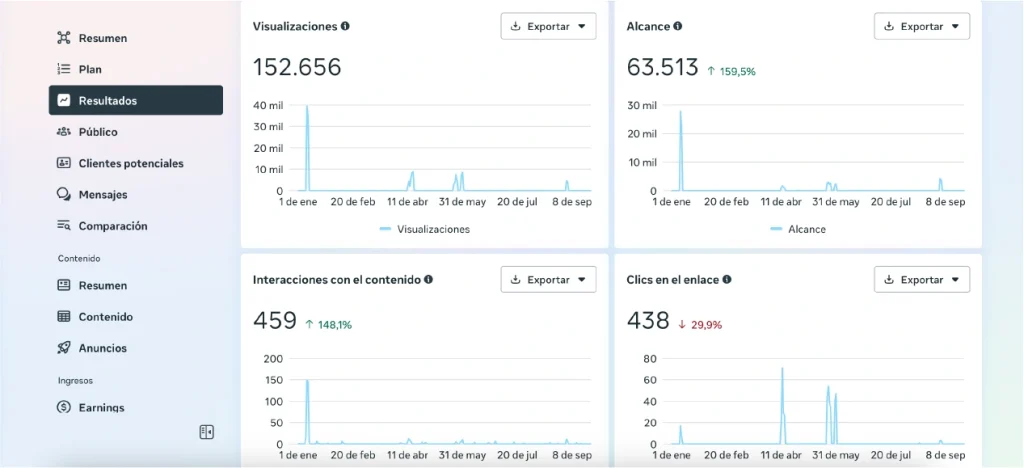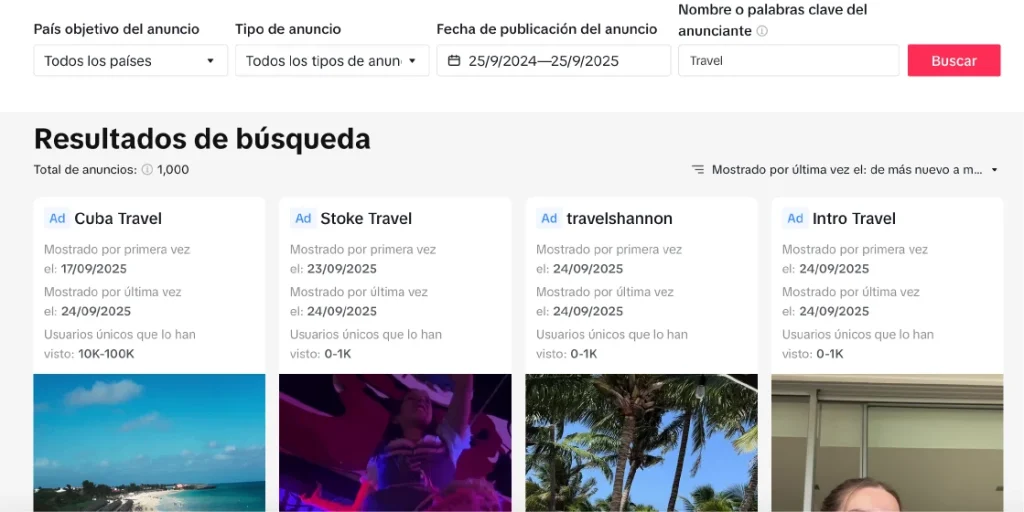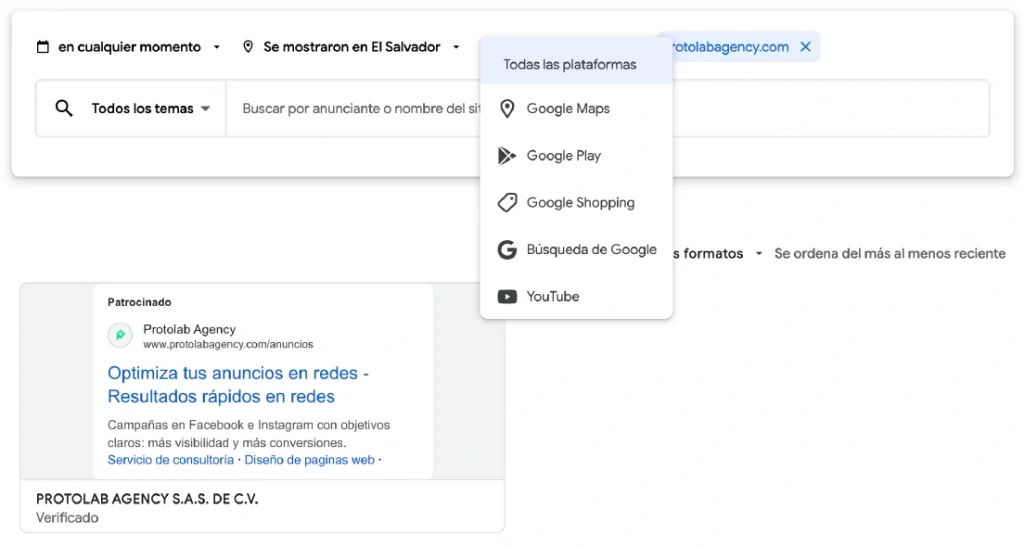Do you feel that your digital strategies are not delivering the same results as before? Have you noticed that your content’s performance has declined? Then it’s time to assess the current state of your digital channels.
In this article, you will discover the importance of conducting a social media audit , what aspects you should analyze, and what the key steps are to optimize your results.
Why do you need a social media audit?
A social media audit allows you to better understand how your audience interacts with your brand, identify what type of content works and what doesn’t, and measure the ROI (return on investment) of your campaigns.
It also helps you identify opportunities for improvement, compare your results with the competition, and make decisions based on real data.
What aspects and metrics should you evaluate in a social media audit?
1. Profile on each channel
- Do your social media accounts maintain a consistent look and feel that aligns with your brand?
- Do the profile pictures, cover photos, and icons comply with your guidelines?
- Is the tone of voice consistent across all platforms?
2. Content performance
- Posts with greater and lesser reach. Types of content with better performance.
- Engagement: comments, reactions, shares. Times with the highest interaction.
- Video views and impressions.
- Keyword effectiveness.
- Rate and response time.
3. Advertising
If you run paid campaigns, analyze their performance independently:
- Budget invested vs. results obtained.
- ROI of campaigns.
- A/B test results.
4. Competence
- How do your competitors manage their networks?
- Number of followers vs. yours.
- Content strategies and level of interaction.
- Gaps you can close to improve your positioning.
💡 Proto tip:
Use Meta Ads Library to spy on your competition. This Meta tool allows you to view active ads from any brand on Facebook and Instagram.

How to evaluate your social media?
Native analysis tools
Each social network has its own statistics section:
- Meta Business Suite (Facebook and Instagram) : Measures reach, interactions, community growth, and advertising results.
- TikTok Analytics : Analyze views, hashtag reach, and video performance.
- Ads Manager reports : These provide detailed data on the performance of advertising campaigns, targeting, and budgets in Meta Ads.
- LinkedIn Analytics: Useful for evaluating the performance of B2B posts and metrics.
- TikTok Ads Library: Helps you find active ads based on trending topics or topics related to your business.

These tools are free and sufficient to get an initial overview of the status of your channels.
Third-party analytics tools
If you are looking for a more in-depth analysis with integrated reports, you can use:
- Looker Studio: Custom dashboards with metrics from multiple platforms.
Hootsuite: Post scheduling, monitoring, and performance reports. - Metricool: Excellent for SMEs; combines social media, advertising, and websites.
- HubSpot: Integrates analytics with CRM and marketing automation.
Tools for Google Ads
If, in addition to social media, you work with Google campaigns, these tools will help you measure and optimize results:
- Google Analytics 4 (GA4): Essential for linking campaigns to site behavior and allowing you to measure events and conversions.
- SEMrush: Keyword analysis, position tracking, and performance analysis of ads and landing pages.
With the right combination of tools, you can make informed decisions, detect behavior patterns, and design solid strategies.
Proto tip:
You can also support your research with Google Ads Transparency, which allows you to see the ads that are active in your country.

How often should audits be conducted?
It is recommended to conduct a full audit every 3 months. If you work with long-term campaigns, every 6 months may be sufficient. In addition, monitor your metrics weekly to ensure that everything is going according to plan.
Next steps after the audit
With the information gathered, set clear and realistic goals for your social media:
- Set SMART goals (specific, measurable, achievable, realistic, and time-bound).
- Define the KPIs you will use to measure the performance of your actions.
- Adjust budgets, optimize content, and select the right channels.
- Identify opportunities to strengthen interaction with your customers. Reallocate resources when necessary to maximize results.
Conclusion
A social media audit is an essential tool for understanding what works, what needs improvement, and how to scale your digital results.
👉 If you want to ensure that your channels really make an impact, our team can help you with a comprehensive initial audit or personalized advice on social media management. Contact us today and take your digital strategy to the next level!






